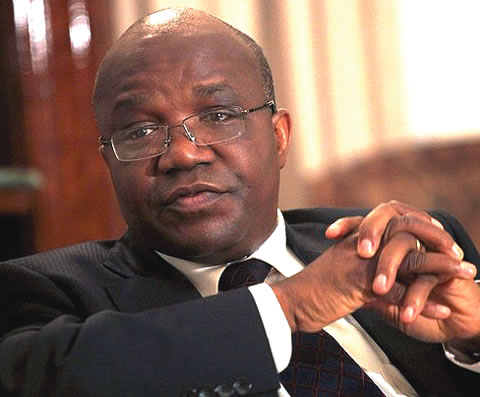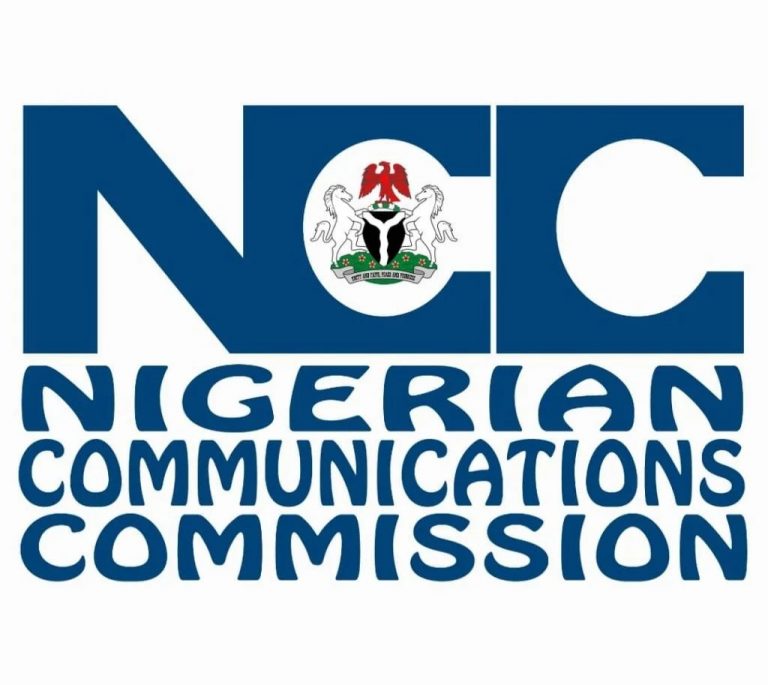Communication
Airtel, Sanlam Sign Pact for Financial Products in Africa

LAGOS-Bharti Airtel, a leading telecommunications company with operations in 17 countries across Africa, has announced that it has entered into a strategic cooperation agreement with leading South African financial services group, Sanlam, for the distribution of insurance and health funding products.
This agreement covers seven African countries, on a non- exclusive basis, in which both companies have a presence, namely Kenya, Ghana, Tanzania, Zambia, Uganda, Malawi and Nigeria. The agreement is aimed at enhancing value for Airtel customers and increasing access to insurance which will enable Sanlam to market and sell its Life, General and Health insurance products through Airtel’s extensive telecommunications networks in the seven countries.
Commenting on the transaction Chidi Okpala, Airtel’s Director & Africa Head, Airtel Money, said: “We are delighted to be partnering with Sanlam on this exciting initiative. This will offer our customers in Africa access to a broad range of sophisticated products and services to support their lifestyles and aspirations, and this partnership will enable us to significantly enhance the value we offer our loyal customers. Our customers stand to benefit from access to Sanlam’s world-class Life, General and Health Insurance products.”
Margaret Dawes, Executive Director for Africa at Sanlam Emerging Markets, echoes these sentiments. “We are passionate about supplying sound financial solutions to the wider African market and are delighted by this opportunity to provide our services and solutions through Airtel’s network. We look forward to providing competitive products that meet the client’s needs – drawing on our collective years of experience and research in these markets.”
About Bharti Airtel
Bharti Airtel Limited is a leading integrated telecommunications company with operations in 20 countries across Asia and Africa. Headquartered in New Delhi, India, the company ranks amongst the top 5 mobile service providers globally in terms of subscribers.
th Francophone and Anglophone markets spanning Burkina Faso, Chad, Congo Brazzaville, Democratic Republic of Congo, Gabon, Ghana, Kenya, Madagascar, Malawi, Niger, Nigeria, Rwanda, Seychelles, Sierra Leone, Tanzania, Uganda, and Zambia. In these countries, it offers 2G, 3G mobile services. Bharti Airtel had over 262 million customers across its operations at the end of July 2012
About Sanlam
Sanlam is a leading diversified financial services group, originally established as a life insurance company in 1918 and listed on the JSE Limited (primary listing) and Namibian Stock Exchange (secondary listing) in 1998. Its head office is in Bellville near Cape Town in South Africa and the Group has offices throughout South Africa and business interests elsewhere in Africa, Europe, India, the USA and Australia.
Sanlam provides financial solutions to individual and institutional clients. These solutions include individual, group and short-term (general) insurance, personal financial services such as estate planning, trusts, wills, personal loans, health management, savings and linked products, business fitness assessment, asset management, stock broking, employee benefits, risk management and capital market activities.
The Sanlam Emerging Markets (SEM) cluster is responsible for Sanlam’s financial business services (life assurance, general insurance and asset management) in emerging markets outside South Africa with the aim of ensuring sustainable delivery and growth across the various businesses that make up this cluster. As part of the Group’s vision, it strives to lead wealth creation in those markets. SEM has business interests in Botswana, Namibia, Malawi, Kenya, Tanzania, Zambia, Ghana, Nigeria, Uganda, Swaziland and India.
Communication
Nigeria’s Telecom Market Eyes $11.43bn Value By 2029

In a significant market projection, Mordor Intelligence predicts that the Nigerian telecom sector is set to surge to a value of $11.43 billion by 2029.
The report anticipates a steady growth trajectory with a cumulative average growth rate (CAGR) of 4.70% between 2024 and 2029, based on the current market value of $9.09 billion.
The transformation of Nigeria’s telecom landscape, fueled by government initiatives to boost internet infrastructure and broadband connectivity, coupled with rising data consumption, 5G deployments, and innovative strategies from major telecom players, is expected to drive this substantial market expansion.
The report underscores additional factors propelling the growth of Nigeria’s telecom sector, emphasizing the surge in smartphone adoption.
the report said “Increased smartphone adoption in Nigeria has fueled the development of a dynamic digital services sector. Currently, millions of Nigerians use mobile apps, including social networking sites, e-commerce, and financial services.
“These apps could leverage smartphones’ capabilities to offer speed, convenience, and efficiency, encouraging more people to invest in smartphones.
“In addition to these expansions and collaborations, the growing adoption of digital technologies and government support in aiding the same alongside the 5G technology implementation across the country is analyzed to boost the demand for telecom towers significantly.”
“In addition to these expansions and collaborations, the growing adoption of digital technologies and government support in aiding the same alongside the 5G technology implementation across the country is analyzed to boost the demand for telecom towers significantly.”
Mordor Intelligence highlights that the flourishing e-commerce and digital service platforms in Nigeria are significant drivers behind the escalating demand for dependable telecom services in the country.
Communication
MTN Set To Partially Disconnect Glo Network

The Nigerian Communications Commission (NCC) has granted MTN’s request to partially disconnect Globacom (Glo) from its network owing to unsettled interconnect charges.
Reuben Muoka, the NCC’s Director of Public Affairs, disclosed this in a document named ‘Pre-Disconnection Notice’ on Monday.
The move follows Glo’s persistent failure to clear its outstanding debts despite multiple attempts to resolve the issue.
Under this partial disconnection, Globacom subscribers will solely receive calls from MTN users, while retaining access to other network services like outgoing calls to other networks and data services.
However, they won’t be able to initiate calls to MTN users during this period.
The statement read, “All subscribers are, therefore requested to take notice that the Commission has approved the Partial Disconnection of Globacom to MTN in accordance with Section 100 of the Nigerian Communications Act, 2003 and Paragraph 9 of the Guidelines on Procedure for Granting Approval to Disconnect Telecommunications Operators, 2012.
“At the expiration of 10 days from January 8, 2024, subscribers of Globacom will no longer be able to make calls to MTN but will be able to receive calls.
“The Partial Disconnection, however, will allow in-bound calls to the Globacom network,” it added
Communication
Despite Hardship Nigerians Spent N3.33tn On Calls, Data In 2022

Nigerian telecommunication users, along with others within the country, expended a total of N3.33 trillion on various telecom services such as calls, data, SMS, and more throughout 2022, according to the Nigerian Communications Commission (NCC).
This information comes from the recently published ‘2022 Subscriber/Network Data Annual Report’ by the NCC, which also revealed that telecom companies generated N3.33 trillion in overall revenue for that year.
The report further highlights a noteworthy growth of active voice subscriptions, rising from 195,463,898 subscriptions in 2021 to 222,571,568 by December 2022, marking a 13.86% year-on-year increase.
Commenting on the increase, it said, “The increase in the Operators’ subscriber base was attributed to a number of reasons which includes subscriber loyalty, promos, seasonal effects, aggressive consumer acquisition drive, and competitive product offerings across all the networks.”
It noted that the growth in active subscriptions impacted positively on other derived telecom indicators such as teledensity, Internet penetration as well as broadband penetration.
Data usage also continued its surge in 2022. It increased by 46.77 per cent to 518,381.78TB as of the end of the year.
The NCC stated, “There was an increase in the volume of data consumed at the year-end December 2022 when compared with the year-end December 2021.
“The total volume of data consumed by subscribers increased to 518,381.78TB as of December 2022 from 353,118.89TB as of December 2021. This represents an increase of 46.77 per cent in data consumption within the period.”








